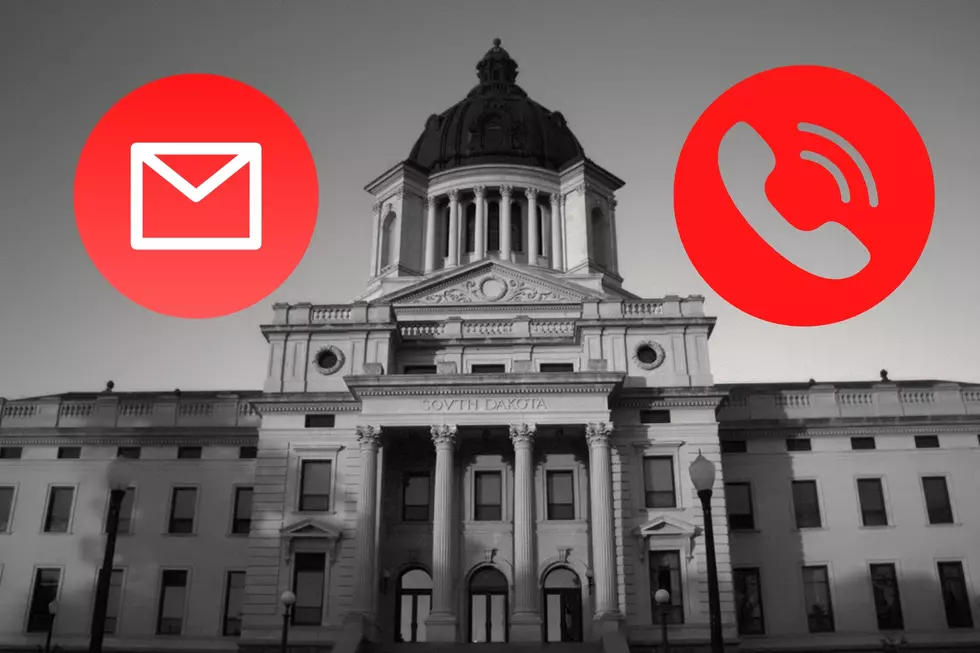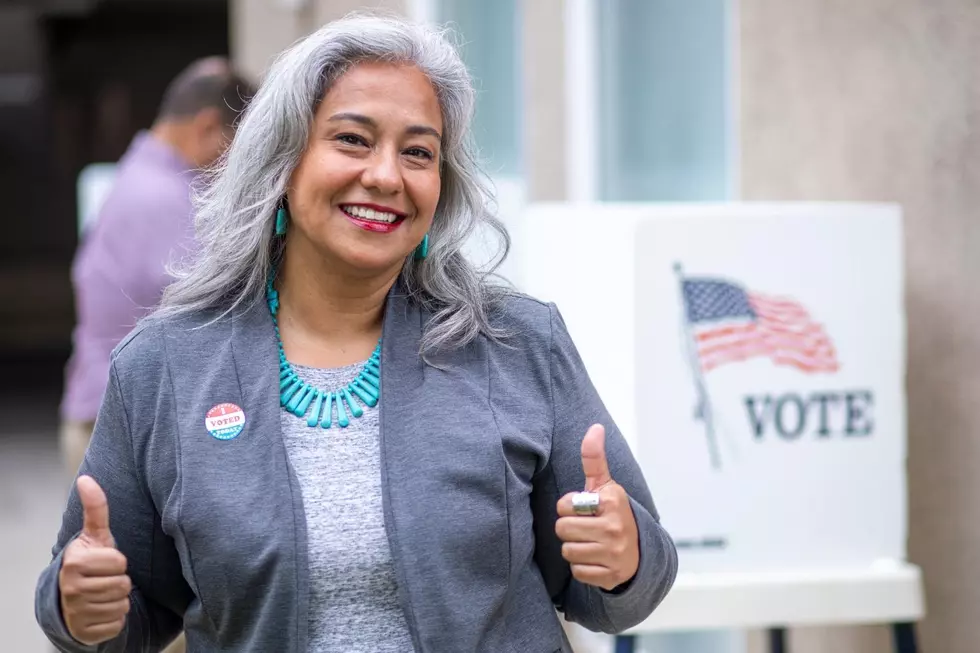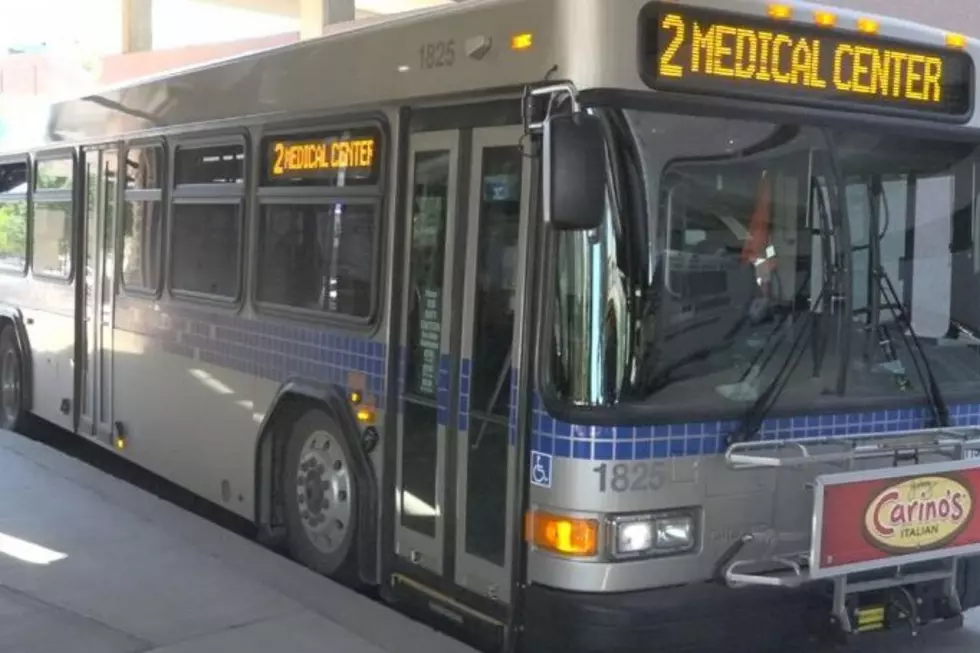
Ballot Bingo: Untangling South Dakota’s Crowded Ballot
SIOUX FALLS, S.D. (AP) — With 10 separate questions on South Dakota's ballot Nov. 8, voters would do well to do a little research beforehand. Here's a guide to the questions, which range from what the state's minimum wage should be for teenagers to whether elections should be nonpartisan:
INITIATED MEASURE 23 (union fees)
The proposal would allow unions to charge fees to nonmembers in right-to-work South Dakota. It's meant to let a labor union that has a collective bargaining agreement with an employer charge fees to non-union employees covered under the contract for services such as bargaining or grievance negotiation. Current state law prohibits requiring non-union workers to pay union fees.
SUPPORTERS SAY: Proposal fixes an unfairness that lets people get benefits for nothing while others pay the freight.
OPPONENTS SAY: It will effectively end South Dakota's status as a right-to-work state.
CONSTITUTIONAL AMENDMENT V (nonpartisan elections)
The amendment would remove party labels by candidates' names on the ballot and establish a nonpartisan primary that would send the top vote-getters to the general election. The plan wouldn't apply to presidential races.
SUPPORTERS SAY: The proposal would more fully include independent voters in elections.
OPPONENTS SAY: People should see a candidate's political party on the ballot.
INITIATED MEASURE 22 (campaign finance and ethics)
The proposal would allow voters to send two $50 tax-funded credits to political candidates who agree to campaign contribution and spending limits. Would also create an ethics commission, require additional campaign finance disclosure and bar lobbying by state officials and high-level employees for two years after exiting government.
SUPPORTERS SAY: Would give more power to regular Joes during elections.
OPPONENTS SAY: Waste of taxpayer money for the benefit of politicians.
INITIATED MEASURE 21 (payday loans limits)
Would limit interest rates to 36 percent annually for businesses such as payday, auto title and installment lenders. The average annual percentage rate charged for a payday loan in South Dakota is 574 percent, according to a 2014 Pew Charitable Trusts report. The organization says payday loan stores don't operate in the 15 states that ban payday lending or interest rates over 36 percent.
SUPPORTERS SAY: Payday loans are a trap that profits off the poor.
OPPONENTS SAY: Measure would destroy the industry, which offers important access to short-term credit.
CONSTITUTIONAL AMENDMENT U (payday loans)
This competing amendment is financed by the payday loan industry. It would amend the state constitution to let lenders charge any interest rate on a loan if the borrower agrees in writing. It would cap rates at 18 percent annually on loans without written agreements.
SUPPORTERS SAY: Measure is a balanced approach to protecting people from predatory lending while also preserving access to money for emergencies.
OPPONENTS SAY: It's a sham meant to confuse voters.
Redistricting in South Dakota is done now by state lawmakers. This would put that power in the hands of a commission of nine people, with no more than three from any one political party.
SUPPORTERS SAY: Measure would make people feel elections are fair to all parties.
OPPONENTS SAY: It's meant to elect more Democrats.
CONSTITUTIONAL AMENDMENT S
The amendment would establish constitutional rights for crime victims including privacy, protection from harassment or abuse and timely notice of trial, sentencing and post-judgment proceedings. Victims would have the right to be notified of the escape or release of the accused and the opportunity to offer input during the case.
SUPPORTERS SAY: Would make sure crime victims have protections similar to criminal defendants.
OPPONENTS SAY: Would bog down the system for victims and increase court costs.
CONSTITUTIONAL AMENDMENT R
The amendment would make it clear that South Dakota's four technical institutes are independent from the Board of Regents. The amendment specifies that publicly funded technical institutes would be separately governed in a manner to be set by the state Legislature.
SUPPORTERS SAY: Would help South Dakota's technical schools address state's skilled worker shortage.
OPPONENTS SAY: Would lead to one more tax-funded governing board.
REFERRED LAW 20
Voters will determine whether a youth minimum wage of $7.50 an hour for those under 18 should stand. The law was passed during the 2015 session, but got put on hold when it was referred to the ballot. The current statewide minimum wage for non-tipped employees is $8.55 per hour because of a minimum wage increase voters passed two years ago.
SUPPORTERS SAY: Would help young people get their first job.
OPPONENTS SAY: It's discriminatory and an affront to voters who passed the 2014 minimum wage hike.
REFERRED LAW 19
Voters have a choice about a bundle of election law changes passed in 2015 that blocked registered Republicans or Democrats from signing petitions for independent candidates, made candidate filing deadlines earlier and limited the circumstances in which a political party can replace a candidate who withdraws after the primary election.
SUPPORTERS SAY: Changes would make sure political parties are treated equally.
OPPONENTS SAY: Changes would discourage candidates from running for office.
Copyright 2016 The Associated Press. All rights reserved. This material may not be published, broadcast, rewritten or redistributed.
See Also:
More From KXRB









